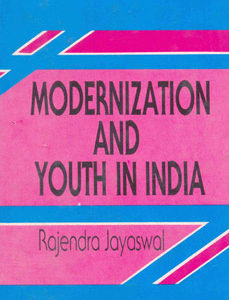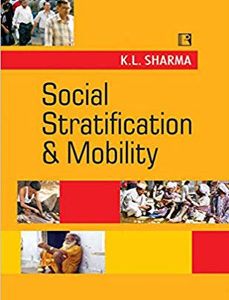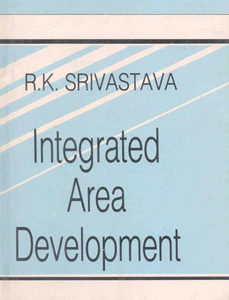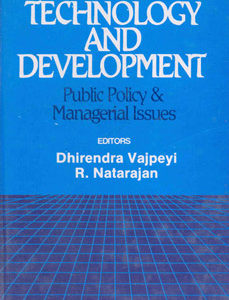PANCHAYATI RAJ SYSTEM AND DEVELOPMENT PLANNING: The Case of Sikkim
₹1,195.00 Original price was: ₹1,195.00.₹956.00Current price is: ₹956.00.
25 in stock
There has been utter lack of cohesion between the strong political will for decentralization of powers on the one hand and relatively weak and ineffective means of delivery mechanism to support the will at the grass-roots level, on the other hand. The author, therefore, feels imperative for elected panchayat representatives to undergo training in social responsibilities, particularly in the tune with changing scenario of Panchayati Raj Institutions (PRIs) and priorities thrusted upon.
It is against this backdrop that the book provides a platform for sharing the author’s experiences about functioning and faults of the PRIs. These experiences can prove useful for rural leaders while managing fiscal resources or taking decisions with far-reaching and lasting consequences on the life of the villagers.
In the present study, an attempt has been made to study the structure and functioning of Panchayati Raj in the state of Sikkim with special reference to empowerment of women, devolution of powers, participation of weaker sections of people in the developmental process, resource mobilization by the Gram Panchayats, the extent of autonomy enjoyed by the Gram Panchayats, state of benefits from developmental schemes, role of bureaucracy etc.
| Author's Name | |
|---|---|
| Binding | |
| Release Year | |
| Language | |
| Publisher |
Related products
Sociology
Sociology
Sociology
Sociology











